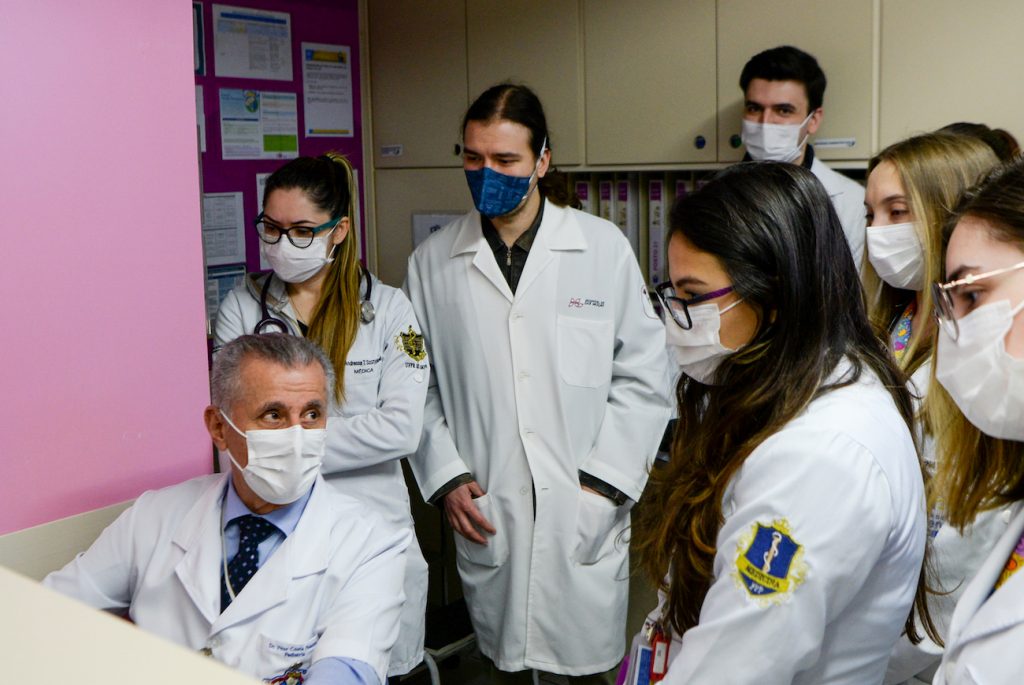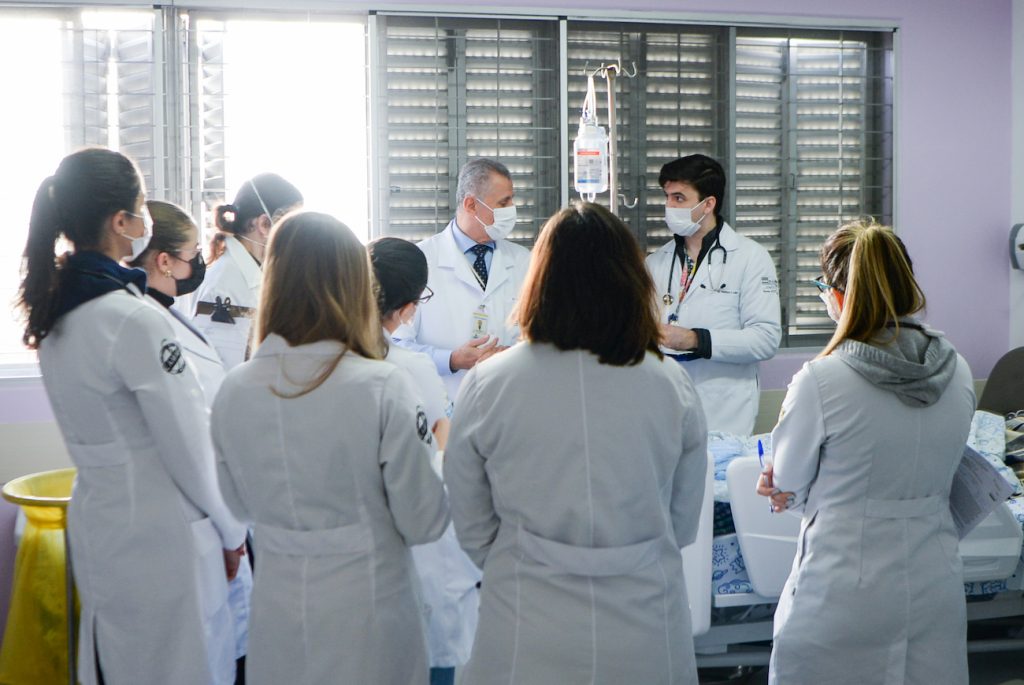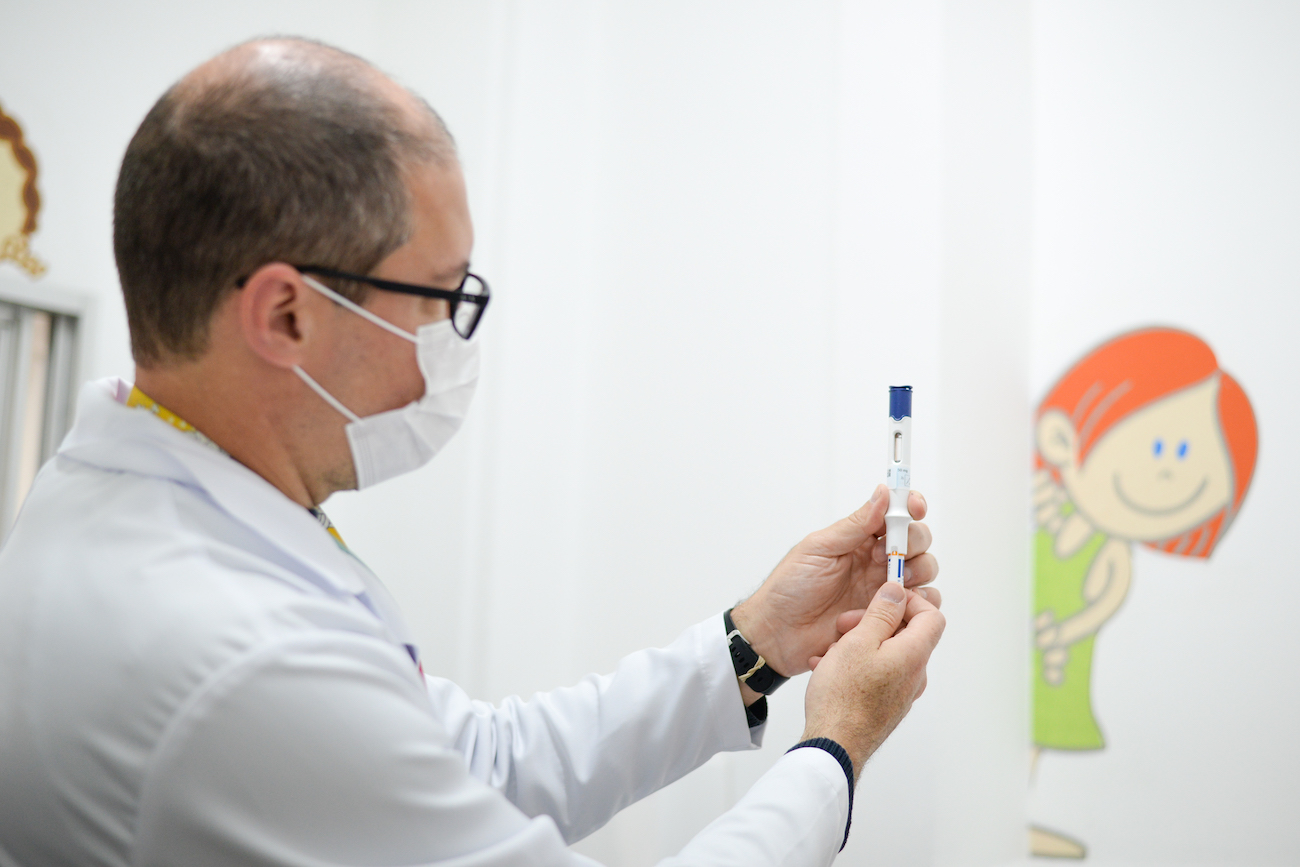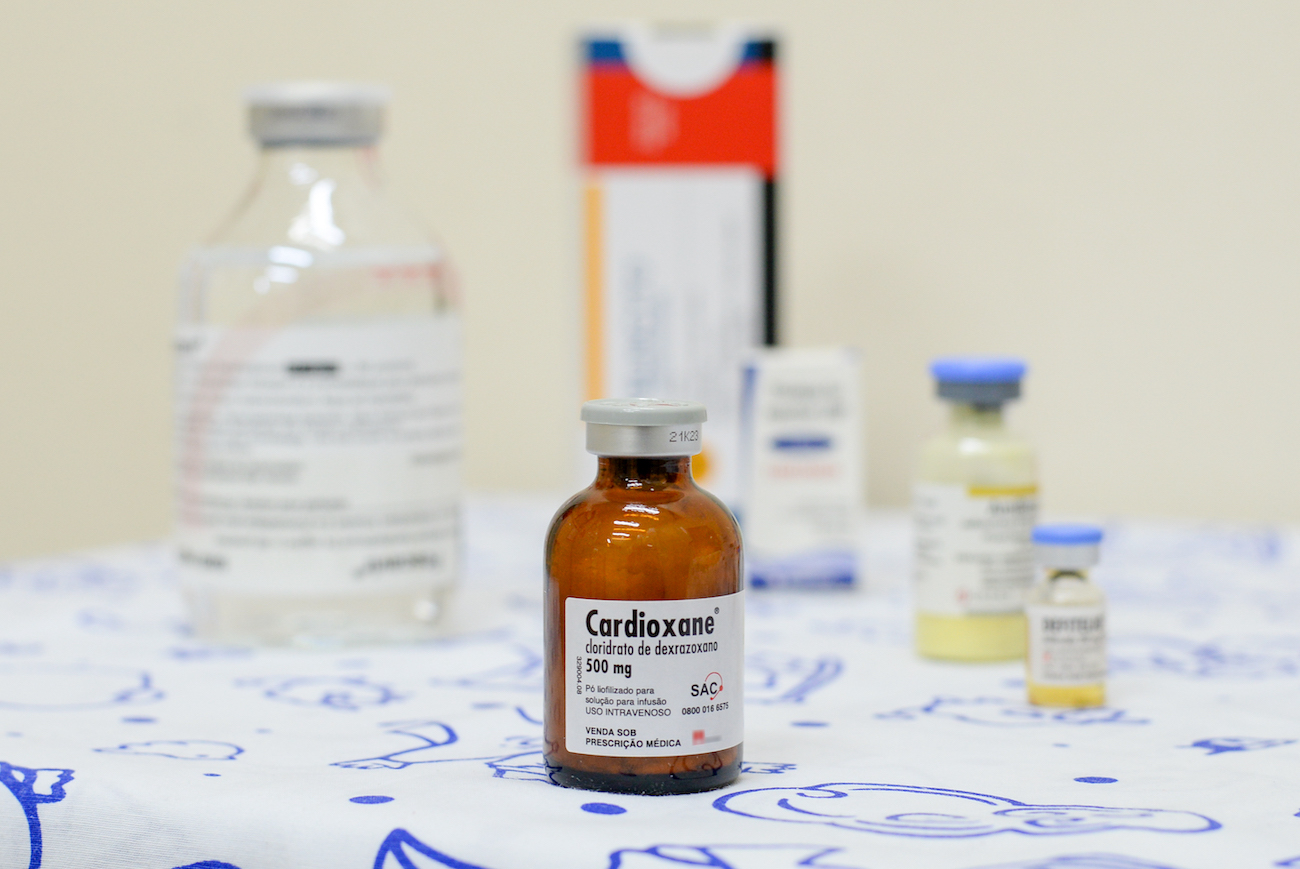Medical residency programs train 130 professionals per year
There are 11 residency programs and seven specialization programs, which contribute to the qualification of professionals dedicated to the care of children and adolescents
In half a century of existence, the Pequeno Príncipe medical residency program, developed in the largest exclusively pediatric hospital in the country, has established itself as one of the main trainers of professionals dedicated to the care of children and adolescents in Brazil. Each year, the Hospital trains around 130 professionals by means of 11 residency programs and seven specialization programs.

Medical residency programs are among the most competitive in the country, with an average of 14 applicants per vacancy, and attract professionals from several states and even from other countries. In this way, the Hospital contributes to improving the national scenario of assistance offered to children and adolescents.
Assistance qualification
“The pediatrician was removed from the basic health units. And those who have been assisting the children are the family doctors. This is a serious flaw, because the child is not a small adult. It has special characteristics, and anyone who wants to be a pediatrician really has to train for that,” says the coordinator of the pediatrics residency at Pequeno Príncipe, Vitor Costa Palazzo.
Considering that the Brazilian Public Health System (SUS, abbreviation in Portuguese) corresponds to the care of 75% of the country’s population, the lack of these specialists in basic health units is a cause for concern. In addition, more than half of pediatricians (55%) work in the Southeast region of Brazil. By training pediatric specialists from 17 Brazilian states, in addition to the Federal District, Pequeno Príncipe contributes to reducing this inequality in access to qualified medical care.
Doctor Emmanuela Bortoletto Santos is one of the professionals trained by Pequeno Príncipe. In addition to her residency in pediatrics, she specialized in pediatric nephrology and currently works at Santa Casa de Misericórdia of Cuiabá (Mato Grosso state), in the Midwest of the country, where she is fighting to implement the first pediatric kidney transplant service in the state. “What I am today, I owe 100% to the doctors of Pequeno Príncipe who contributed to my training and, through their example, inspired me to want to make a difference,”, she points out.

Pioneering
Pequeno Príncipe was a pioneer in the training of health professionals dedicated to the care of children and adolescents when, in 1932, it received medical students from the Federal University of Paraná (UFPR, in Portuguese) to accompany medical practice.
Currently, in addition to medical residency programs in pediatrics and pediatric specialties, the Hospital offers multiprofessional residency (psychology, biomedicine and pharmacy) and residency in nursing, in partnership with Pequeno Príncipe College.
The Pequeno Príncipe programs concentrate professional experience, different specialties and access to different therapies and diagnostic means, in addition to high, medium and low complexity surgeries, in the same environment. The institution also offers consultations in the Emergency Service and outpatient clinics. “This set of practices and structure guarantees new professionals a great knowledge, which makes our programs very attractive,” concludes Palazzo.
More
Only 8% of clinical trials with drugs are focused on pediatrics
Pequeno Príncipe Clinical Research Center contributes to increasing this percentage and to improving medical care for children and adolescents
Cost of the 10 most used drugs in the Hospital not fully covered by the Brazilian Public Health System exceeds US$ 500,000 per year
The list includes drugs intended for patients who need bone marrow transplants and who are undergoing cancer treatment









